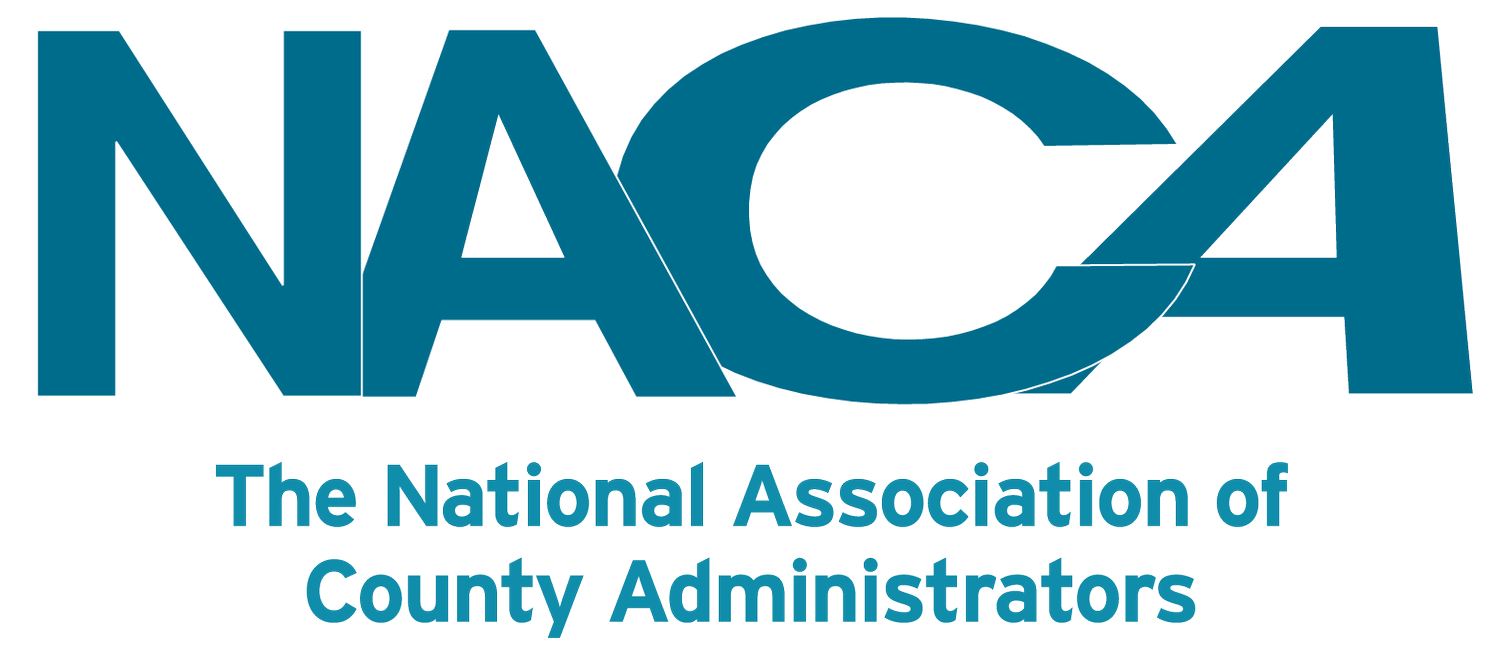Reset
By Ian M. Coyle | May 13, 2024
I was asked to do a talk for a small group of local government officials on the concept of resetting, in the context of strategic planning. For the actual strategic plan, we covered the usual topics: Where are we now? What is going well? What is not going well? What are some mini-milestones to point to? Any radar items we should be following?
We then pivoted to some other, more traditional aspects of strategic planning, including a formal SWOT (Strengths, Weaknesses, Opportunities, Threats) analysis and identifying needs in the community. When I moved to talk about resetting, a manager, depleted in energy and enthusiasm (his words) particularly since the recent recession and subsequent workforce challenges, said “are we talking about personally or organizationally or professionally?” I responded, “Yes.”
Honesty, how about all three? I can tell you that, at that time, a tremendous amount of discussion ensued. Why? Because we often fail to realize the conflation we have between ourselves and our personal tendencies, mental health, emotional fitness and the work we do every day as public administration professionals. There is a firm intertwining where you have interwoven connections between all three supposedly separate realms. We can’t escape this fact and so, I argue, we must embrace it. We have to be honest with ourselves that although we are administrators and managers and
public sector officials, we are people first. We are parents, sons, daughters, aunts, coaches, supporters, caregivers and then also leaders, managers and organizational “go-to” people for the entities we serve, which are often in the public spotlight given our structural set-up.
For me, in my discussions with local governments and with my coaching clients (who are often local government CEOs/CAOs and Department directors):
It’s a personal reset, starting off with a series of probing questions:
How is the family life/dynamic?
Personal relationships with friends and loved ones?
What about an appraisal of your whole-person living, from a holistic perspective (mental health, physical health)?
Where are the pain points for you personally and how can you attend to them?
And it’s an organizational reset, again commencing with a list of questions for this area of (work) life:
Are we moving forward as an organization?
What are the top 3 concerns of late and what are we doing to fix them?
What have we avoided that we can no longer avoid?
How can we share our successes and highlights with the community we serve in a more pronounced and proactive fashion?
…and finally it’s professional, a reset test about your specific profession:
How is your spirit to do the work you do?
Any pain points?
What is your professional development plan moving forward?
How is your network? Your professional association involvement?
Not to walk into a pun about government bureaucrats and roboticism, or, worse, invoke gasps of AI gone awry, but think of yourself as a high-performing machine that perhaps needs some calibrating at times. Even the most efficient systems need spot-checks and periodic resets to clear cache, optimize processes and maintain peak performance.
The same applies to you as a public administrator. Doing the work of a formal and intentional reset in all three areas of your life—personal, professional and organizational—can lead to performance improvements in all phases. If you are well-rested and newly mindful, you bring a sharpened perspective to your work, leading, hopefully, to improvements.
Regularly checking in with yourself is crucial. By embracing a systematic reset approach, you’ll not only show up as a better leader but also cultivate an environment where your organization thrives. Assess performance, reflect on missed opportunities, appraise your physical and mental well-being and set goals across all areas.
Doing the work of a reset in all three areas of life will improve personal and organizational performance and allow you to show up better and show up more improved to start the day, week, month or year. Check in on yourself regularly (I do it daily and then weekly and annually) and commit to a formal reset process. The midyear point in the calendar is a wonderful opportunity to do an assessment of this type and use the second half of the year to address some of the answers to these questions.
Author: Dr. Ian M. Coyle, ICMA-CM is the County Administrator in Livingston County, NY. He has worked in government for 20 years and has taught MPA courses for a variety of universities. Through his consultancy, Pracademic Partners, Ian also provides assistance to other organizations in four key areas: executive search; management consulting; executive/leadership coaching; and teaching, training & professional development experiences. Email: ian@pracademicpartners.com


